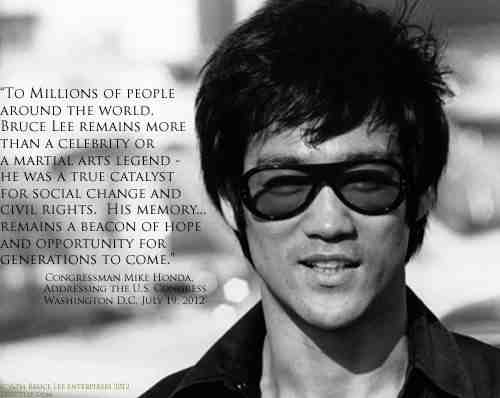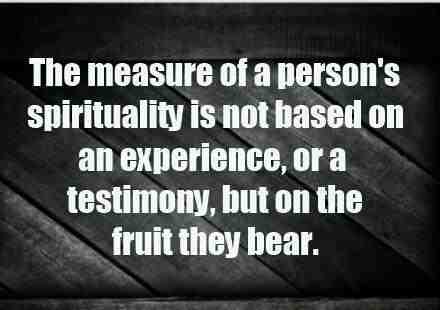Thought Leadership
Redefining the Future: Insights from Industry Leaders
What Is the Meaning of Thought Leadership?

Thought leadership is more than just expertise, it's the ability to inspire, influence, and shape conversations within a particular industry or field by offering original, forward-thinking ideas.
A thought leader isn't merely someone who knows a lot; they are individuals or organizations recognized for their innovative perspectives, deep insights, and consistent contributions that challenge the status quo and drive progress.
At its core, thought leadership is about adding value through knowledge. It involves identifying emerging trends, solving complex problems, and communicating ideas in ways that educate and empower others. Unlike traditional leadership, which focuses on managing people or processes, thought leadership centers on influencing minds and shaping the future direction of an industry.
Consider Jane Goodall in the field of primatology and conservation. Rather than simply studying chimpanzees in the wild, Goodall transformed our understanding of animal behavior and the relationship between humans and other species. Her groundbreaking work in Gombe Stream National Park revealed that chimpanzees use tools, a discovery that challenged long-held assumptions about human uniqueness.
Beyond her scientific contributions, she became a global advocate for wildlife protection, environmental education, and ethical treatment of animals. Through her foundation and decades of public engagement, Goodall has inspired generations to take action for conservation, positioning her not just as a scientist, but as a moral voice and thought leader in the movement for planetary stewardship.

Similarly, in the world of business strategy, Simon Sinek stands out as a thought leader. His concept of "Start With Why" transformed how companies approach branding and leadership. Rather than simply sharing management tips, Sinek introduced a philosophical framework that encourages organizations to lead with purpose. His TED Talk, books, and workshops have inspired millions, demonstrating how powerful ideas can ripple across industries.
In healthcare, Dr. Atul Gawande exemplifies thought leadership by combining clinical experience with storytelling and systems thinking. His writings on medical errors, end-of-life care, and healthcare efficiency don’t just inform, they provoke discussion and policy change. By publishing in both academic journals and popular media like The New Yorker, Gawande bridges gaps between professionals and the public, amplifying his impact.
True thought leadership also requires consistency and authenticity. It’s not enough to share one groundbreaking idea; sustained influence comes from regularly contributing valuable content, through articles, speeches, podcasts, research, or social media, that reflects deep understanding and foresight. For instance, Brené Brown’s years of research on vulnerability, courage, and empathy have made her a trusted voice in leadership and personal development. Her work resonates because it’s rooted in data, personal reflection, and emotional honesty.
Ultimately, thought leadership is about creating a legacy of ideas. It elevates individuals and organizations beyond mere service providers or product sellers into trusted advisors and visionaries. In an age overflowing with information, thought leaders stand out by offering clarity, inspiration, and direction, guiding others not just on what to do, but why it matters.

Are You A Boss Or A Leader?
Thought Leadership - Unity Is Strength
Thought leadership: Every individual who leads is a boss. But not every boss is a leader leader.This is what really defines the difference between a leader and a boss. The greatest difference between a boss and a leader is one. The boss is respected and obeyed because of his/her position or seniority. A leader is respected and looked up to as a example not only because of position but mainly because of the qualities of character and ability. Those who aspire to become leaders must lead by example. The team must always have a firm belief that the leader will be there during every crisis. Not to fix the blame, but fix the problem.
If the team members find that the leader does not follow what he/she preaches, they will have no respect for him/her. They may obey him/her, but the respect will be missing. Leaders gain this respect by their actions.
They look and act sincerely. There is no disparity between their words and actions. They look integral in approach and character.
Thought Leadership - Transpersonal Psychology
To be a leader, every boss must display characteristics such as knowledge, planning, anticipation, foresight, action, result oriented approach, perspective, respect every team member, earn their respect, act as a friend and act as a mentor. This is quite a list, but if you want to become a good leader you need these qualities. This is true not only for national leaders but for persons in every leadership position in any organization. Once a person earns the respect of his /her team members he/she ceases to be only a boss and transforms into a leader.
Thought Leadership - Soul
Is Leadership For You? Leadership is something that is fundamentally part of a society. It is necessary in any good society that someone stands up and takes charge. Leadership is essential, we know that, but does that mean everyone out there is a leader? The fact of the matter is that some individuals are not made to be leaders. They are followers.
And just as important in society as leaders are followers. So, where do you lie? Are you going to play leadership roles within your life? For many people, the instincts to take those leadership roles just comes to them.
Thought Leadership - Bruce Lee
It is just something that happens. They step up to the plate when needed. They respond first in class. They take charge of the baseball game on the playground. They step up to the plate on the job.
While you can not be first in every case, individuals that have
leadership skills will often be seen and heard throughout their lives. But, not all leaders are born with this talent. Many of them must learn it. People
with an ambition to be a leader can do so by taking classes and
studying the necessary skills that it takes to be a leader.

While all of this may sound simple, it can be quite a task to learn. It is hard to teach a person to react in a situation that is not planned well. Because leaders are determined by their actions, we often see that leadership roles are filled with individuals who put themselves out there to be chosen, so to speak.
But, this is not always the case. In many cases of emergency, leaders are those that take charge long before anyone else reacts. In that, these individuals will have a cool head about themselves and be able to see the necessary work ahead while others are worrying, panicking or simply in shock. These are probably the true leaders in our society.
InternetBusinessIdeas-Viralmarketing Home Page
Tweet
Follow @Charlesfrize

















New! Comments
Have your say about what you just read! Leave a comment in the box below.